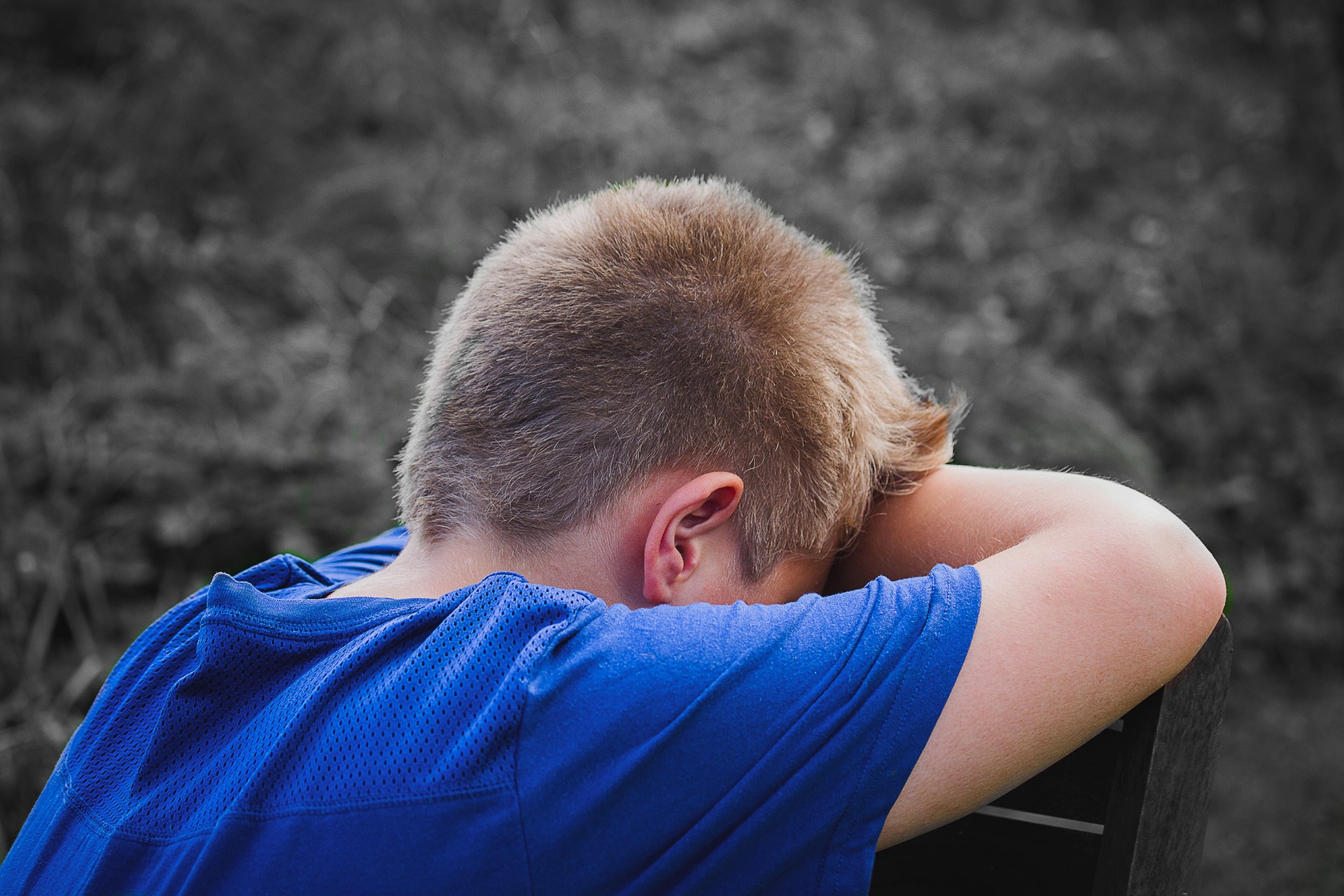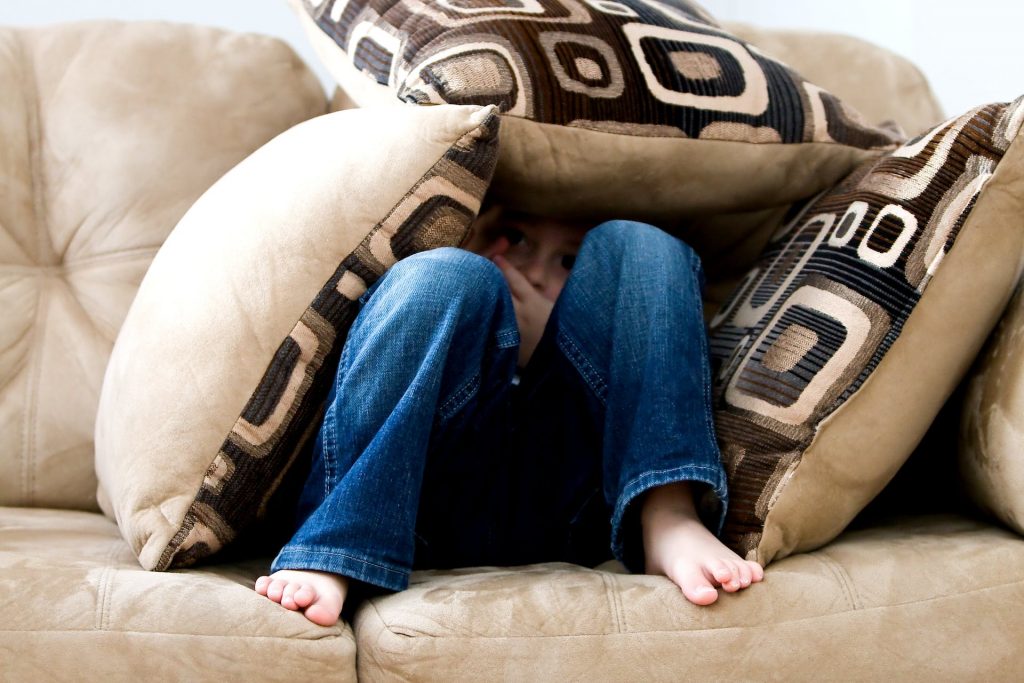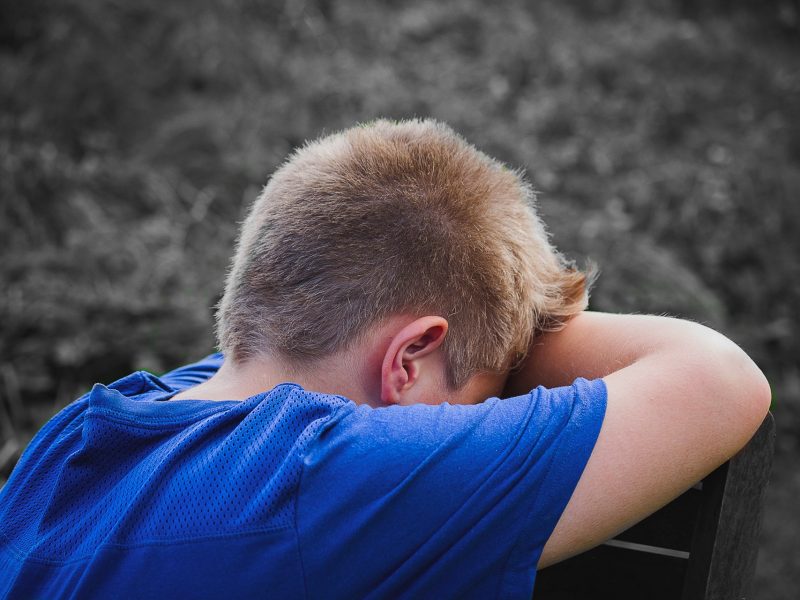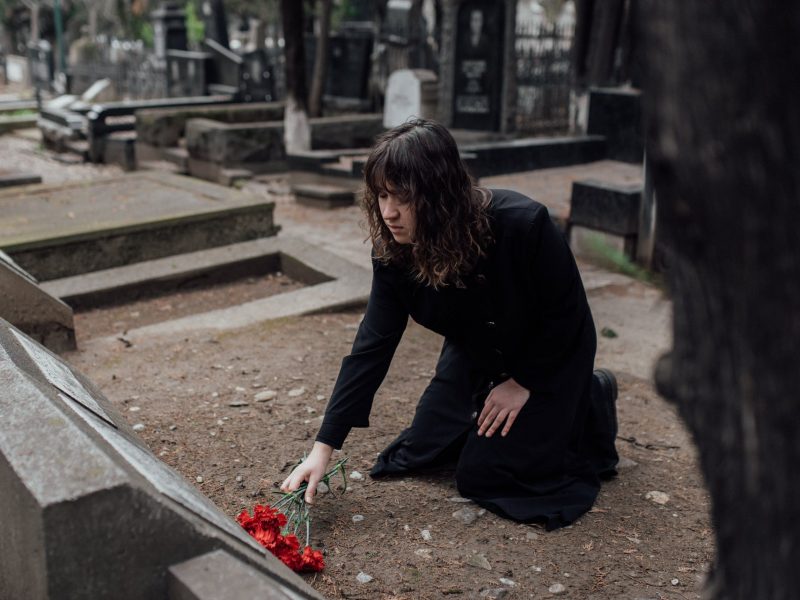
25 Jan HELPING CHILDREN TO HEAL AFTER THE LOSS OF A SIBLING
HELPING CHILDREN TO HEAL AFTER THE LOSS OF A SIBLING
When my son, Cesar, lost his brother and sister, he was only seven years old. It was hard enough for him to lose both of them at the same time, but he had the added trauma that it was his father who had killed them.
I was not sure how I was going to help him; I mostly did what I felt was best for him and what felt right. Every time we spoke about the matter, however, I always made sure to tell him what was happening in an age-appropriate manner, speaking as simply and clearly as possible to avoid confusion and the possibility of causing further distress.
As explained in How To Break The News To Your Surviving Children, when Cesar decided that he wanted to stay at my sister’s house for the first week after the death of his siblings, I thought it was a good idea.
It gave him the opportunity to spend time with his cousins and other older family members that he trusted while also providing a break and time away from the home where he would have constant reminders about the twins.
It was good for me as well, as I could express my raw grief where otherwise I would have wanted to hide it from my son, having seen how upset he’d become when I’d told him the news in tears.
Cesar, in turn, also struggled because he did not want to see me cry — to see his mother broken-hearted. I suppose that he tried to protect me from his own feelings, like I wanted to try and protect him from mine, and so did not always tell me what he was feeling. In the end it came out in explosive outbursts, as he had tried to hold it together for a while until his cup overflowed.

However, I always tried my best to be there for Cesar, to let him express himself, and to let him know that I was always going to be there if he needed it. I know that all the other adults around him did the same and this was important as it gave him the support and reassurance he needed during this difficult time.
On this point, it is important to validate what children feel in the moment, so that they know that what they feel is OK — no matter what it is. It helps them know that we see, hear, and understand their feelings. It helps them feel accepted and supported.
Moreover, it helps them to grow their emotional intelligence and resilience, building a valuable coping skill. As children grow older, it is important that they are able to express their feelings in a healthy way and know what they feel — that is, being aware of their own emotions — so they feel strong and secure enough to leave situations where they do not feel safe.
Going Back to School
Routine is especially important to children and while it can be difficult for your child to go back to school after bereavement, it will bring comfort to do so, helping reassure them that while some things have unfortunately changed, much remains the same.
Cesar was understandably a little apprehensive when he went back to school, worrying that everyone would ask him about the twins. But his teachers and the school were great. Teachers receive good training for just this sort of issue and in my son’s case they supported him by putting up a tepee in the classroom which was only for him. It was a safe space if he felt he needed it, where he could go, no questions asked, and be on his own. He never used it but I think it was important for him to know that it was there in case he needed it.
Typically, your child’s school will contact you when they learn about a pupil’s bereavement and you can discuss and plan together how best to reintroduce them to that environment.
Other Forms of Support
To help bring some sense of closure for Cesar, we planted two trees in the garden in memory of the twins. I also had a wall with pictures of the twins where we would pass everyday so Cesar would be able to see their faces and remember the memories of the good times they had shared.
While it never occurred to me at the time to find books for him that would have helped with his grief, I see now that there are many options available.
These include The Invisible String by Patrice Karst; a number of books by Mark Lemon, who lost his father at a young age, including The Magical Wood; When Someone You Loved Has Died by Stephanie Seidler, In My Heart: A Book Of Feelings by Jo Witek; and The Memory Tree by Britta Teckentrup. Amazon, as usual, is a place with endless suggestions of other books that can no doubt likewise be of help.
If you still find your child struggling with their grief in the long term then it is best to seek outside support. One thing every parent should watch out for is what is called an ‘adjustment disorder’, which some children develop after a traumatic event and which can be very harmful to their wellbeing if not addressed.
What I did Cesar, who I could see was still struggling, was arrange for him to see a variety of therapists. They proved of great help in enabling him to express and process his grief.
Once he turned 11, though, I told that I would no longer make him to see or speak to a professional unless he wanted to. A year later, he did ask to see someone, and I found a specialist in EMDR (Eye Movement Desensitisation and Reprogramming) which is a mental health treatment technique. You can learn more about it HERE but, in short, it’s a therapy which can help someone heal by having them move their eyes in a certain way while processing past traumas.
Just to note, I’m not advocating this particular form of therapy for everyone — every child, or indeed, adult’s needs are different, and therapies should always be tailored to the individual — but Cesar did enjoy going and actually went longer than required. I think that he had many things to deal with, apart from the trauma: we had moved countries and hormones were kicking in.
In the end, as parents, in any situation we do what we can with the information we have. We do our best. As children get older there can be other, or the same, issues that arise, but with the right support they will hopefully have the knowledge and self-esteem to handle anything that comes to them.
KEY TAKEAWAYS
- Try to foster an open environment for discussing emotions and concerns. Acknowledge and validate children’s feelings, helping them understand that expressing sadness is normal and acceptable.
- Create a supportive environment for children to express themselves freely, encouraging open communication with trusted adults and peers. Allow space for emotional outbursts and be patient, understanding that children may struggle to articulate their feelings.
- Maintain a consistent routine for children to bring comfort and stability during the grieving process. Reintroduce them to school gradually, collaborating with teachers and the school to provide necessary support.
- Consider memorial activities, such as planting trees or creating a wall of memories, to provide a tangible way for children to remember and honour their lost sibling.
- Explore literature designed to help children cope with their grief.
- Monitor your children for signs of long-term struggle and seek professional help if needed.



